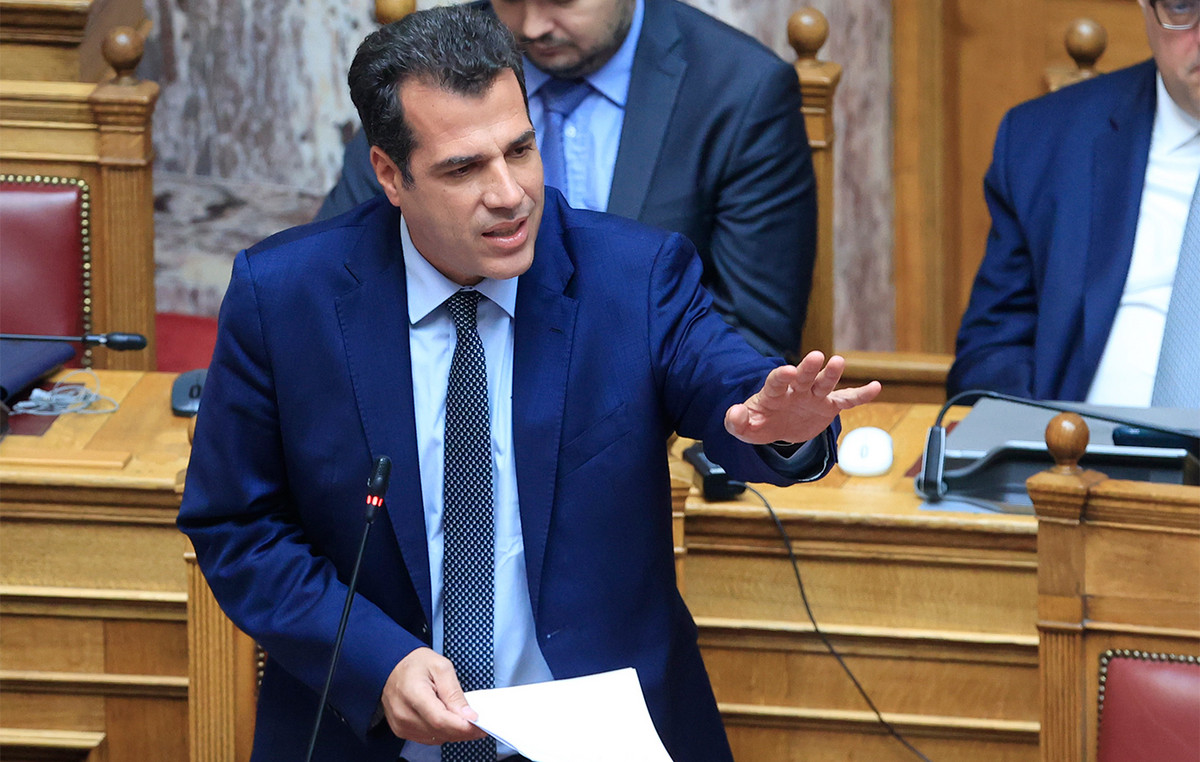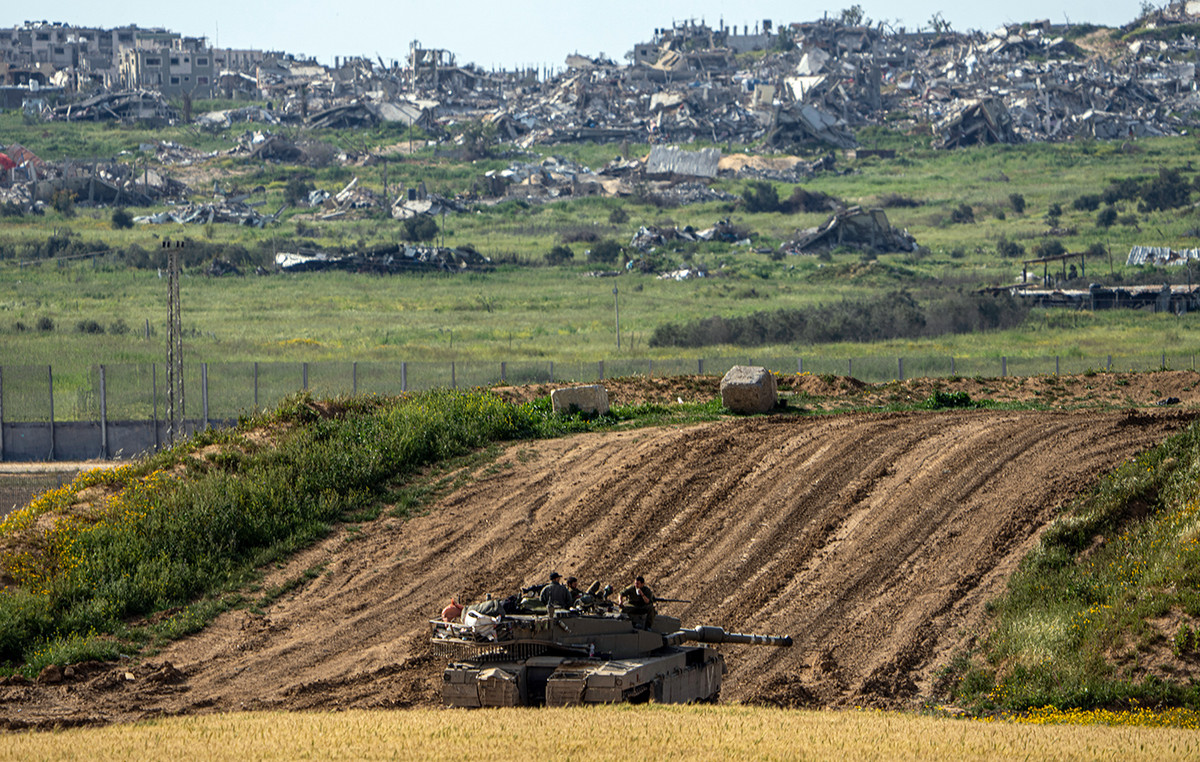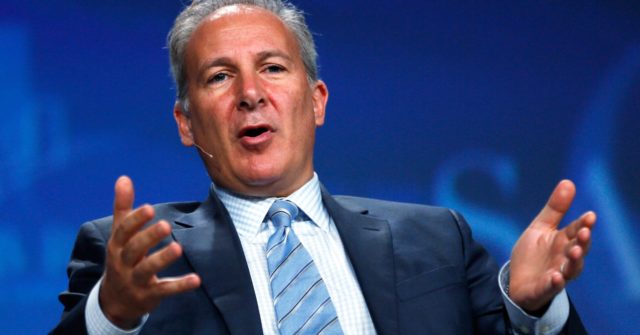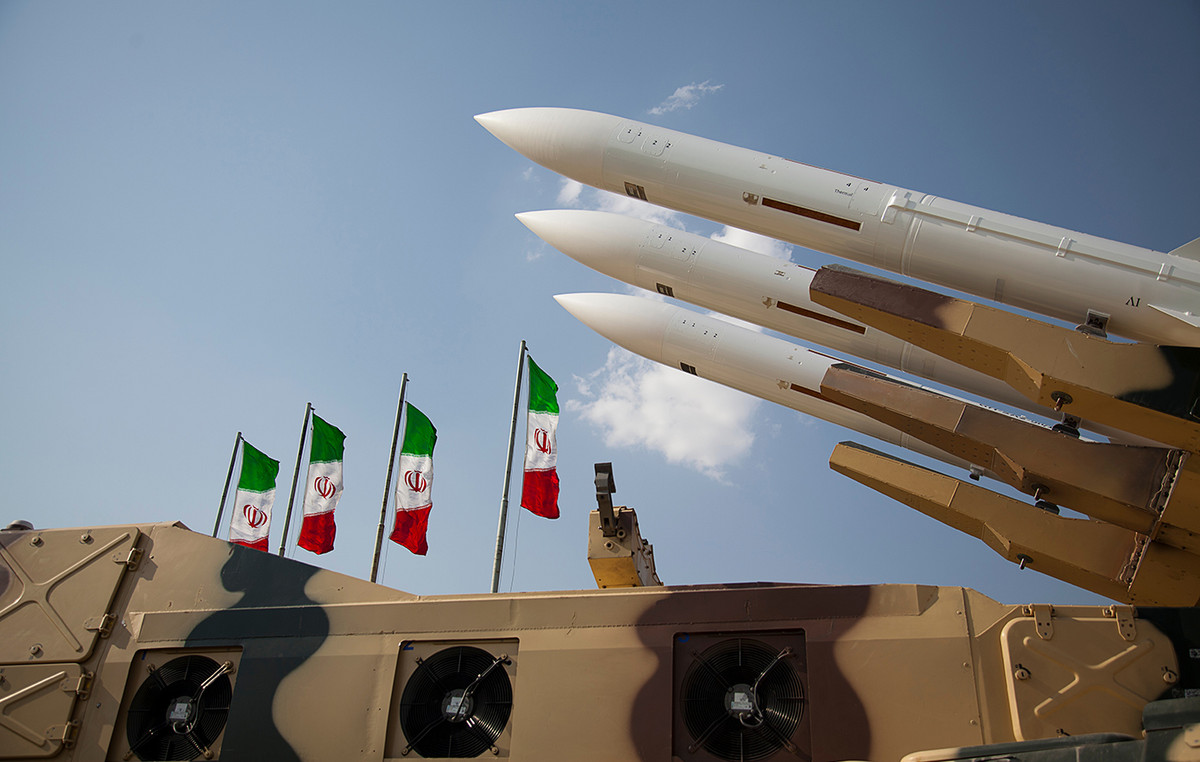With Alexei Navalny dead and buried in a Moscow cemetery and other anti-Kremlin politicians in exile or imprisoned, Russia's opposition is in decline. But on Sunday, when Russians go to the polls, opponents of President Vladimir Putin will stage a symbolic protest that they hope will resonate.
In an action they call “Noon Against Putin,” Navalny's supporters are asking Russians who oppose the veteran Kremlin leader to go to their local polling station at exactly noon, line up to get a ballot vote on paper and then vote in a way that expresses a protest or complicates the lives of the authorities.
Suggestions include spoiling the ballot paper, writing “Alexei Navalny” on the paper, or even voting for one of the three candidates running against Putin – although the opposition considers them to be Kremlin “puppets” – in an attempt to reduce the vote count. from Putin.
Navalny endorsed the plan before he died, in a message on social media facilitated by his lawyers. The independent newspaper Novaya Gazeta calls the planned action “Navalny’s political testament.”
Not even the Kremlin's fiercest critic believes that the move – which authorities have already made clear they consider illegal – will do anything to change the fact that Putin will certainly be declared the winner of the March 15-17 presidential elections by a landslide. .
In control of all the levers of power, with state media at his back and with a campaign shaped around victory in the war in Ukraine and the modernization of Russia's infrastructure, the Kremlin says Putin has overwhelming public support.
Putin's approval rating is 86%, according to the Levada Center, the country's best-known pollster.
But the idea of Sunday's protest, supporters say, is to boost collective morale after Navalny's death in an Arctic prison last month, to show Russians who oppose Putin that they are not alone, and to show the world that neither All Russians support his position as leader.
“He [Putin] will point out its 80 or 90%, but it will be possible to explain it in very simple language to anyone in the world – look at the photographs, see how many people gathered at noon, despite all the threats and repression, to show that they are against Putin . Therefore, it is a very important action,” Ivan Zhdanov, a Navalny ally, told his supporters this month.
Warnings
Participating in the protest, however, carries some risks.
Authorities, who view Navalny's supporters as US-backed extremists aiming to destabilize Russia and disrupt the elections, have already begun sending warning letters and blocked the official website of the protest action inside Russia.
The Kremlin has made clear that it considers any calls for action from Navalny's allies – who are based outside Russia – to be provocative and says police will crack down on any illegal behavior.
Maria Andreeva, whose husband has been fighting in Ukraine and who has joined protests with other military wives demanding the demobilization of their men, published a warning letter she received from a Moscow prosecutor, sent on March 13.
The prosecutor said she received the letter because she had republished a video on her social networks about the event.
The letter said the prosecutor took his action as a sign that he was preparing to participate in what he called an illegal and unauthorized public event that “showed signs of extremist activity.”
Andreeva, he said, could face the full consequences of the law if she was not careful.
Andreeva’s response on her Telegram account was defiant: “I have the right to show up whenever I want and vote for whoever I want.”
The other risk for the opposition is that participation will be disappointing and its credibility will be damaged. With Russia's vast landmass stretching across 11 time zones, protesting voters will be dispersed rather than concentrated in a single mass.
Some state-owned companies have advised employees to vote on Friday instead of Sunday, and authorities in some regions are organizing entertainment events to coincide with the midday protest in an apparent attempt to distract people from it.
Mikhail Khodorkovsky, an exiled tycoon and critic of Putin, said this week that, at the very least, the message of protest would be noticed by the tens of thousands of election workers involved in counting votes.
Others are more pessimistic. “No one expects this to be the beginning of the revolution,” Vladimir Ashurkov, a London-based adviser to Navalny, said in an interview.
Andrei Kolesnikov, a senior fellow at the Carnegie Russia Eurasia Center, said Putin would have won a landslide victory anyway.
“No vote at 12 o’clock can shake Putin’s legitimization by the passive majority dependent on the state economically and politically,” he said.
(Editing by Alex Richardson)
Source: CNN Brasil
Bruce Belcher is a seasoned author with over 5 years of experience in world news. He writes for online news websites and provides in-depth analysis on the world stock market. Bruce is known for his insightful perspectives and commitment to keeping the public informed.







